
How to Invest During Geopolitical Uncertainty: Growing Wealth in Cold War 2.0
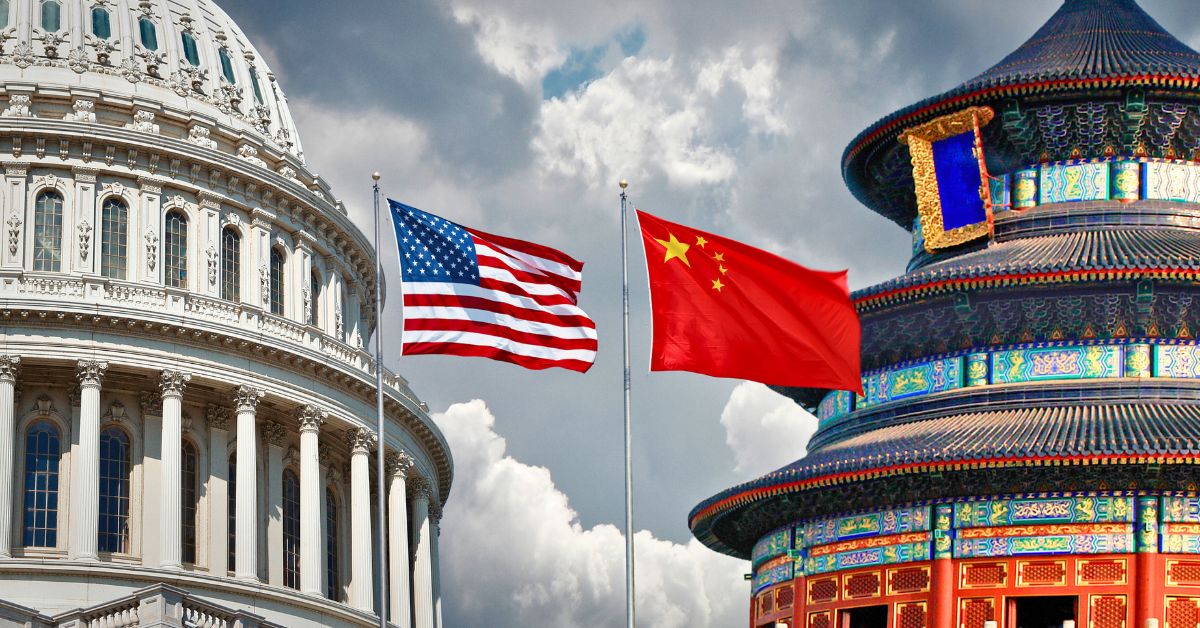

We are in a new Cold War.
We’ve had over 30 years of global harmony and prosperity, and investing has been easy. As they say, a rising tide lifts all boats.
But as we enter Cold War 2.0, how do we, as investors, stay profitable?
With China’s growing economic and technological influence, it is easy for most to cast it in the role the former Soviet Union played during the original Cold War. This emerging geopolitical rivalry, particularly with the U.S., is transforming how businesses, governments, and investors approach wealth, power, and security.
Understanding how to invest during geopolitical uncertainty has become crucial at this juncture.
Investors can no longer rely on traditional approaches, and must instead, rethink strategies to navigate a world where geopolitical tensions, technological advancement, and national security are more intertwined than they have ever been.
The Geopolitical Landscape Shift
China’s Expanding Global Role
China’s growing influence, particularly in regions like the South China Sea, which I call home, has contributed to increased geopolitical complexity.
Its economic strength and advancements in emerging technologies have positioned China as a significant player in international relations, with its actions having an increasingly global impact.
Investors must not ignore these global dynamics.
You see, markets are influenced by the economic power exerted by major countries. And thus it is key to examine broader relationships between China and other nations, so that we can understand how to invest during geopolitical uncertainty.
Furthermore, as technology becomes a central factor in global competition, we need to make sure we stay informed on both geopolitical and technological developments to that we can safely navigate this evolving landscape.
Economic Security is National Security
A significant trend today is the merging of economic security and national security.
Governments, especially the U.S., now view technological advancements, whether in cybersecurity, biotechnology, or quantum science, as critical to national security.
This shift has significant implications for us, as investors.
Traditional strategies that heavily rely on aerospace and defense stocks may no longer suffice.
Geopolitical tensions have expanded into areas like cyberwarfare and tech competition.
As a result, we must focus on new emerging sectors such as biotechnology and quantum computing, which will shape future growth and the geopolitical landscape.
But, how does this fit into our low risk, high reward approach?
The Impact on Investment Strategy
Traditional Investment Approaches Still Work, For Now…
Historically, geopolitical conflict led investors to pour money into major defence contractors.
When Russia invaded Ukraine in early 2022, many of our Inner Circle students quickly shifted their portfolios toward defence stocks, understanding the potential impact of geopolitical conflict on the defence industry. Companies like Lockheed Martin (LMT), Northrop Grumman (NOC), and RTX Corp (fka Raytheon Technologies) (RTX) became key investment targets.
These stocks performed well during the period, as well as the last few months, as demand for defence and aerospace solutions surged in response to heightened global security concerns.
A New Perspective of Defence
However, the modern battlefield has become more digital than physical, and understanding how to invest during geopolitical uncertainty requires a shift toward technology-driven industries.
Companies specializing in human-machine interfaces, quantum computing, and biotechnology are at the forefront of these changes, leaving traditional defence stocks behind.
For instance, Palantir Technologies (PLTR) that specialises in Big Data analytics, and Northrop Grumman (NOC) that is heavily involved in human-machine interfaces and quantum computing, have soared, while the more traditional defence stocks like Boeing (BA) haven’t.
As governments focus on building resilience against cyber threats, these sectors cannot be ignored in future investment strategies.
The Role of Deglobalization
Simultaneously, the globalization trends that have defined recent decades are reversing.
Countries are increasingly imposing tariffs, trade barriers, and localizing supply chains, forcing businesses and governments to prioritize national self-reliance. This trend, accelerated by the COVID-19 pandemic, particularly affects industries like energy and healthcare.
For us as investors, this deglobalization means reconsidering global markets.
Relying on traditional global supply chains is no longer feasible. As governments emphasize local resilience, investors must evaluate how these geopolitical shifts impact entire national economies and develop strategies accordingly.
Preparing for a Multipolar World
Custom Indexes for Geopolitical Risk
If you’ve followed me for a while, you’ll know that one of the ways I like to use ETFs (Exchange Traded Funds) is for areas where I know I need to focus, but don’t have enough expertise to make informed decisions.
I also use ETFs to invest in emerging sectors where it’s difficult to predict a clear winner.
For example, my wife was a professional biotech investor for many years. Biotech is a particularly ‘winner-takes-all’ sector. So, while she might take a private equity approach for work, in our personal investments, we rely on ETFs. The key is to understand the purpose behind your investment strategy, and unless you’re a professional investor, ETFs are likely to work better for you
The good news is that new custom indexes, such as the Xtrackers U.S. National Critical Technologies ETF (CRTC), address national security concerns by focusing on hypersonics and energy weapons, biotechnology, human-machine interfaces and quantum science, and include companies connected with US allies such as Australia, Canada, New Zealand and the U.K.
For us home investors, considering how to invest during geopolitical uncertainty, Mastery Not Required, ETFs provide access to sectors and diversification, helping us aligning portfolios with sectors crucial to national power and security at a very reasonable cost.
Transition to a Multipolar World
This leads me to my next point.
We are seeing a transition from a unipolar world dominated by the U.S. to a multipolar world where power is distributed across various regions.
This shift presents both challenges and opportunities for investors. As global powers like China, India, and the U.S. vie for influence, diversification becomes essential to managing risk.
Investors must think globally, while also being strategic about where and how they invest. It’s not enough to simply follow market trends—understanding the geopolitical and technological context behind these trends is vital to navigating this multipolar world.
For instance, I teach out students to use the US stock market for growth, and Singapore REITs for income. Additionally, both of these are about as low correlation as you can get, making them perfect for evening out income and lowering risk.
Navigating Uncertainty
Adapting to Complexity
Businesses and investors alike are operating in an increasingly complex environment.
Surveys show that a significant percentage of global CEOs are adjusting supply chains, canceling investments, and relocating assets in response to this growing uncertainty.
This is not just about preparing for the next financial crisis—it’s about understanding how to invest during geopolitical uncertainty and mitigating the risks that come with a world shaped by geopolitical and technological conflict.
For investors, this means considering more than just financial indicators. Geopolitical shifts, technological advancements, and global alliances will all play significant roles in shaping the future of wealth-building.
Creating Certainty in Uncertainty: Diversification and Risk-Managed Strategies
In today’s unpredictable geopolitical environment, creating certainty amidst uncertainty is key to building a resilient investment strategy.
While it is impossible to predict how global events will unfold, a thoughtful and risk-managed approach can help investors prepare for opportunity and navigate volatility.
Diversification Across Sectors and Regions
One of the most effective ways to reduce risk is through diversification—spreading investments across sectors and geographic regions.
Investors can minimize overexposure to any single market, sector, or country that may be affected by geopolitical instability. Investing in a mix of industries like technology, healthcare, energy, and emerging sectors such as biotechnology and cybersecurity can create a balanced portfolio capable of withstanding shocks.
Global diversification also allows investors to benefit from growth opportunities in different regions while reducing the impact of localized disruptions. As geopolitical realignments continue to shape the world, diversifying across regions helps hedge against potential risks.
It is important that investors do not blindly diversify. Any diversification needs to consider asset correlation. There’s little point in investing in highly correlated industries, which all tank together. There’s also little point in diversifying across negatively correlated industries because your gains get wiped out.
One of the ways we teach our students to get low correlation, the ideal scenario, is by a combination of 5 income engines – having low correlation reduces risk while enhancing returns, which is why low correlation is considered the holy grail of investing.
Risk Management Through Asset Allocation
On that note, strategic asset allocation is another essential component of managing risk.
By distributing investments across asset classes such as equities, bonds, commodities, and alternatives, investors can ensure their portfolios are not overly reliant on the performance of one type of asset.
For example, equities in certain regions may become volatile during times of geopolitical tension, while bonds or commodities may provide stability.
When asset correlation is properly considered, this kind of balanced allocation helps cushion against volatility while offering growth opportunities.
Staying Agile in an Uncertain World
Maintaining agility is crucial for investors during times of uncertainty.
By regularly reviewing and adjusting portfolios in response to new geopolitical and market developments, investors can better position themselves for long-term success.
This agility means being ready to shift assets when necessary, while still adhering to core principles of diversification and risk management.
Agility is particularly valuable when navigating an increasingly multipolar world, where economic power is distributed across regions and uncertainty is common. Investors who remain flexible, while maintaining a long-term view, are better equipped to manage unpredictability.
Conclusion
In an era of heightened geopolitical uncertainty, understanding how to invest during geopolitical uncertainty is essential.
Investors must be proactive and embrace well-thought-out strategies, including diversification across sectors and regions and employing risk-managed techniques like balanced asset allocation.
While predicting the future remains challenging, having a flexible and adaptable investment strategy can mitigate risks and help seize opportunities in a rapidly evolving world.
Through careful planning and a focus on diversification, investors can confidently navigate uncertainty, protect their wealth, and capitalize on growth opportunities in the ever-shifting global landscape.



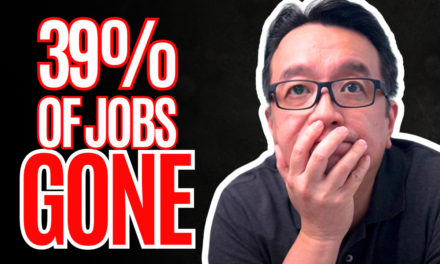








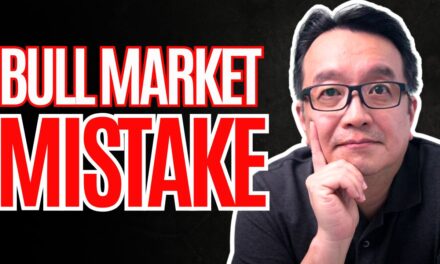






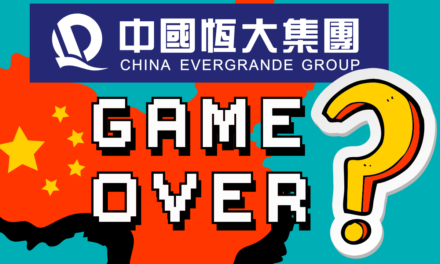

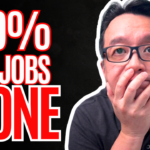


Recent Comments